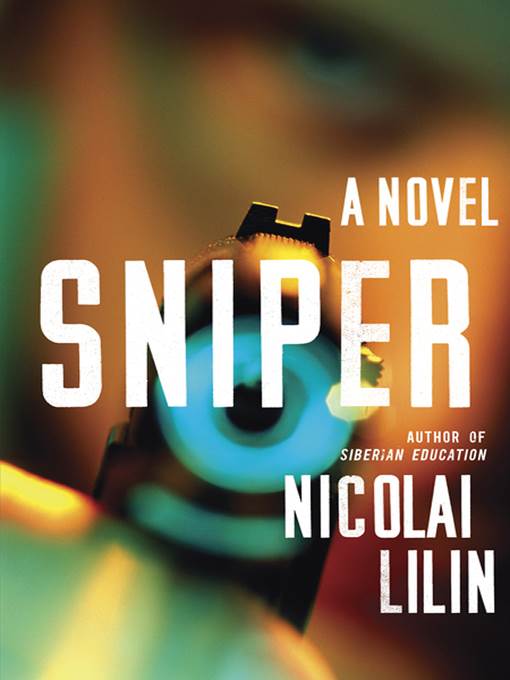
Sniper
A Novel
- اطلاعات
- نقد و بررسی
- دیدگاه کاربران
نقد و بررسی

Starred review from February 27, 2012
The Russo-Chechen conflict of the 1990s is the setting for this grim, powerful novel that reveals the savagery and futility of war. Lilin (Siberian Education) fought in Chechnya as a sniper in the Russian army, giving this graphic story an autobiographical feel in its stark and unvarnished portrayal of men in a vicious war where no quarter is expected and none is given. Told in first-person by an 18-year-old Russian conscript named Nicolai, this is a war story not for the squeamish or faint of heart. Nicolai is assigned as a sniper in an elite, autonomous “saboteur” (special ops) unit unburdened by the niceties of military rules and regulations. For two years, Nicolai serves in Chechnya in this small unit, conducting ambushes and raids in both urban and mountainous settings, learning how to be a calculating killer. A skilled sniper in a war he hates and finds futile, he becomes numb to atrocities, hunger, thirst, fatigue, fear, and civilian suffering. There is no great mystery or complex message here; rather, it’s a simple theme: most soldiers fight and die because they are powerless to do otherwise. Without subtlety, Nicolai also comments critically on the brutality of the Chechen enemy, the perfidy of Russian politicians and generals, and the frontline soldier’s dim view of his survival. This is a bloody, sad tale, especially because the soldiers see no end to the conflict.

April 15, 2012
Conscripted into the Russian army, a rebellious 18-year-old bent on fleeing military service has his attitude adjusted when he is forcibly detained, subjected to dehumanizing training tactics and sent off to fight in Chechnya. In Siberian Education (2011), Lilin wrote of growing up among criminals in the small Soviet republic of Transnistria. Here, as "Nicolai," he presents a fictionalized first-person account of his horrific experiences in the Chechen War. His cockiness cooled by a few days in a hellish prison, the young draftee quickly rises in the ranks thanks to his hunting and target-shooting experience and frightening proficiency with a Kalashnikov assault rifle. After acclimating to his new existence collecting dead body parts from a bloodstained landscape, he becomes a member of the "saboteurs," an elite group whose primary function is to shoot opposing forces in the head from a safe distance. The enemy is mainly small Islamic units wreaking havoc on the Russians. The book documents the conflict, scene by brutal scene, in straightforward fashion, reaching maximum grisliness when Nicolai's gonzo superior matter-of-factly cuts the skin off a captured soldier with a knife. The narrative is full of memorable images: "heads shattered like ceramic vases," deaths "poor in movement" because of the speed and suddenness of the sniper's bullet. "The rhythmic sound of the bullets...made me feel the calm and comfort you feel when you climb into a bed with clean, warm sheets after a day of being tired and cold," Nicolai says. As powerfully observed as this book is, its straightforward approach is a bit of a letdown following an opening that promises a more cutting, offbeat, Catch-22-style antiwar commentary. Happy to transcend grunt status, Nicolai buys into the camaraderie among soldiers and derives satisfaction from doing his job well. His descriptions of a sniper's existence sometimes take on the casual tone reminiscent of the voiced-over spy tips on the TV show Burn Notice. This firsthand account of the Chechen War is light on politics but heavy on the grim reality of mindless killing.
COPYRIGHT(2012) Kirkus Reviews, ALL RIGHTS RESERVED.




دیدگاه کاربران